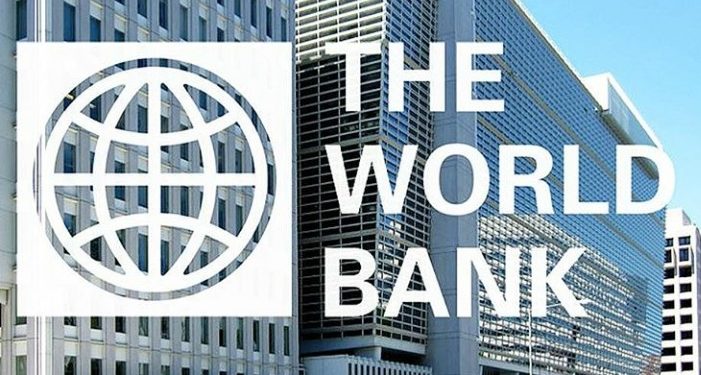By Asmau Ahmad with agency report
The World Bank will push to resolve the mounting debt problems of poor countries.
Along with the International Monetary Fund (IMF), the World Bank will present concrete proposals to address some of the biggest restructuring roadblocks at the ongoing Spring Meetings, President David Malpass said in a blog post on Sunday.
The bank said it will introduce the ideas at the Global Sovereign Debt Roundtable, a meeting led by the Bretton Woods institutions and Group of 20 chair India in Washington.
There are two areas where Malpass sees the possibility for a breakthrough, he said on a call with reporters on Monday. One is suspending debt-service payments at the start of the process, which would give incentives for reaching a deal and protect debt repayment ability.
The other is on more frequently invoking a rarely used policy called lending into arrears. That allows the IMF to lend into arrears if it deems prompt help is essential.
The fund also needs to see the country pursuing appropriate policies and making good-faith efforts to reach an agreement with creditors, so that a single creditor can’t block IMF lending.
China, the biggest sovereign creditor to developing nations, has raised questions about the institutions’ assumptions, slowing the process.
“With the debt crisis growing larger, we must approach the meetings in the week ahead with resolve and urgency,” Malpass said. “Now is the time for all parties to turn words into action.
“Right now, the debt overhang is just paralysing some of the countries,” Malpass said on the Monday call.
More than half of the world’s low-income countries are at high risk of debt distress or already in it, and several have defaulted.
Also speaking at a joint seminar on “The way Forward: Building Resilient” yesterday at ongoing the IMF/World Bank Spring meeting in Washington DC, Malpass, and the Managing Director of IMF, Kristalina Georgieva, said part of the discussion with the convoy of low-income countries and emerging markets would be to create short-term targeted financing to Small- and Medium-Sized Enterprises (SMEs) to enhance inclusive growth amidst tacking inflation with high-interest rates.
The IMF president said: “Central banks do have a preoccupation to bring inflation down and it is paramount because, without price stability, there is no sound foundation for investments and for growth.
“Their job has become more complicated because of the exposure to vulnerabilities in the financial sector. That means attention has to be paid to financial stability. Fortunately, they have different tools they can apply to deal with these two different problems.
“They can fight inflation by keeping interest rates higher for longer and they can provide targeted liquidity should there be a need to bring down risks to financial stability.”


